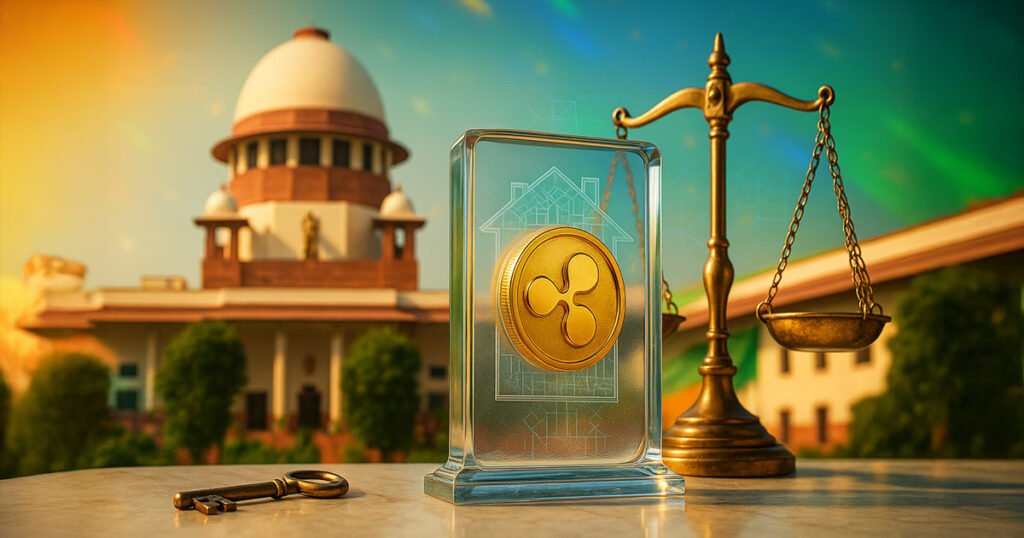Landmark Ruling: Madras High Court Defines Cryptocurrency as Property in India
In an unprecedented move, a Madras High Court judge ruled that cryptocurrency qualifies as property under Indian law, marking a significant turning point in how digital assets are handled during insolvency proceedings. This ruling specifically affected WazirX, one of India’s leading cryptocurrency exchanges, which was barred from reallocating a customer’s XRP holdings. Justice N Anand Venkatesh issued an interim injunction, emphasizing that the nature of cryptocurrency transcends speculative transactions and should be treated as virtual digital assets that users can possess and enjoy.
Jurisdictional Challenges and Rulings
WazirX argued that a restructuring scheme supervised by the Singapore High Court should take precedence, claiming that the Madras High Court had no jurisdiction in this matter. However, Justice Venkatesh rejected this assertion, pointing out that the individual involved, Rhutikumari, had transferred funds from her bank account in Chennai and accessed the platform from India. Thus, significant parts of the case were deemed to fall within the territorial jurisdiction of the Madras High Court. This ruling underscores the idea that local courts can regulate digital asset ownership even when surrounding legal complexities exist in other jurisdictions.
Differentiation of Crypto Holdings as Property Rights
One of the key elements of this ruling is its emphasis on treating cryptocurrency holdings as distinct property rights. Unlike unsecured claims in bankruptcy scenarios, Justice Venkatesh’s ruling clarifies that terms of ownership directly apply to cryptocurrencies. This sets a precedent not only for WazirX but also for other cryptocurrency exchanges facing similar insolvency issues, which may opt to consider outlets for user asset protection accordingly.
Comparisons with Global Judicial Approaches
The Madras ruling aligns India with broader global trends in which courts are increasingly recognizing cryptocurrency as property. In the United States, similar conclusions have been drawn in various jurisdictions. Courts routinely treat cryptocurrencies as property for remedial purposes, enabling temporary restraining orders (TROs) and similar legal remedies. Meanwhile, English courts consistently grant proprietary injunctions, and the Singapore High Court recognizes cryptocurrencies across various digital assets, including NFTs and tokens.
Implications for Customer Protection and Rights
The implications of the judicial distinction made by Justice Venkatesh are potentially transformative for cryptocurrency users in India and beyond. Such recognition can empower customers by establishing enforceable property interests in their digital assets, limiting how exchanges can redistribute holdings during financial distress. In jurisdictions like the United Kingdom, where laws have been set to protect users’ property rights, the Indian ruling may stimulate similar legislative action, helping to solidify the legal positions of cryptocurrency holders.
The Future of Crypto Regulations in India
As India grapples with the evolving landscape of cryptocurrency regulations, the Madras High Court’s ruling sends a clear message: courts may intervene to protect user assets, refocusing discussions on property rights rather than mere contractual claims. By affirming the jurisdiction over assets funded domestically, this decision may act as a foundation for future judicial interpretations and regulatory frameworks, reshaping the cryptocurrency landscape in India. As stakeholders in the crypto ecosystem respond to this ruling, expectations for enhanced legal clarity and user protection are likely to emerge, fostering a safer environment for cryptocurrency investments.
This ruling is a pivotal moment not only for WazirX but for the entire digital asset industry in India, as it establishes a clear legal foundation for user rights concerning cryptocurrency.


